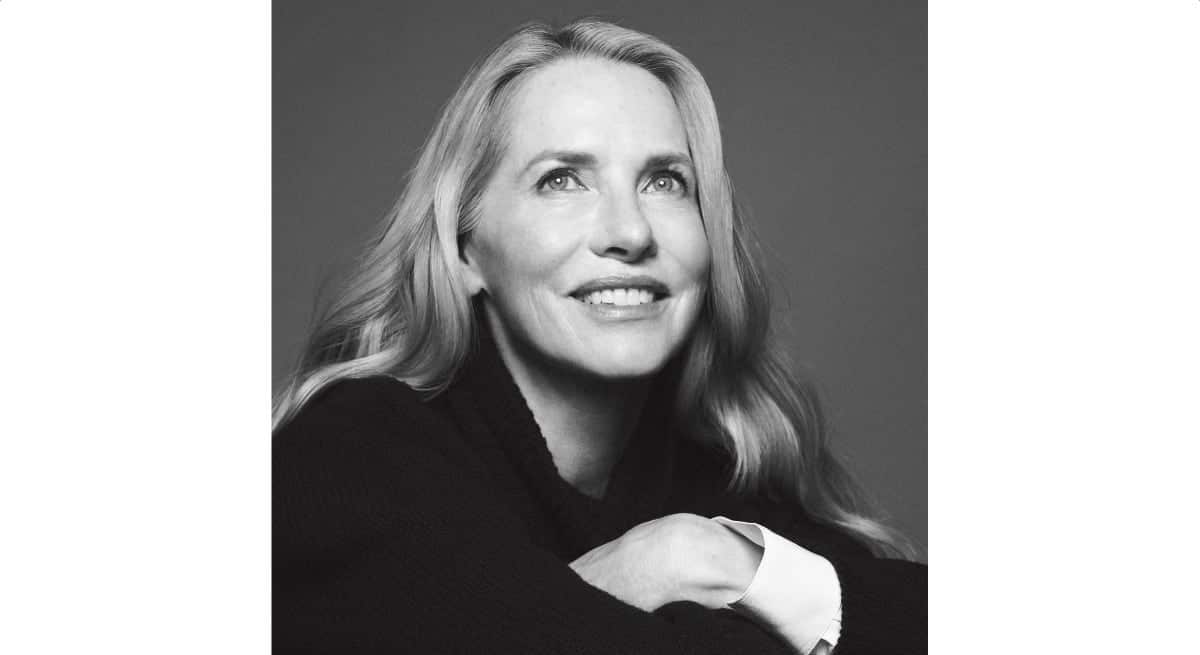Laurene Powell Jobs, the wife of visionary Apple late co-founder Steve Jobs, is a philanthropist and keeps a very low profile. So much so, that in the past 10 years, she has only given 10 interviews.
But to clear the air regarding her 11-year-old organization, Emerson Collective, wealth, and more, Powell Jobs gave an extremely rare and candid interview to the Wall Street Journal.

Laurene Powell Jobs founded “Emerson Collective” on Steve Jobs’ vision for wealth distribution
To address the criticism that Emerson Collective lacks transparency, Laurene Powell Jobs explained that its donations are anonymous because she does not believe in using money as power and leverage.
“Sometimes there is an unhealthy dynamic between the donors and the people receiving the donation,” she adds. “Having money as a tool to try to manifest the goodness, it’s a gift. I take it very, very seriously.”
Established as a limited liability company, and not a charitable foundation, Emerson Collective integrates for-profit and non-profit endeavors. She detailed that as an organization, Emerson does more than just give donations. It invests in solutions to address inequities at their roots.
“I believe deeply that the way we do work could be helpful to other people who are looking to work in the social sector,” says Powell Jobs. “Integrating venture investing or private equity or any kind of for-profit investing and then advocacy, artists, activists and philanthropy—all of it—can be done in a much more comprehensive way.”
When Steve Jobs passed in 2011, Powell Jobs inherited his trust that included significant positions in the Walt Disney Company and Apple Inc. She said that both of them wanted to do more with their fortune other than “putting their names on something—a building, a charity, a company” because being the richest man was never Steve Jobs’ purpose.
In a 1993 interview, Jobs told The Wall Street Journal that, “going to bed at night saying we’ve done something wonderful…, that’s what matters to me.” Through Emerson Collective, she is able to utilize that wealth the way her late husband wanted, in service to solutions.
“We discussed that I would try to do my very best based on the life and the love that we had and our shared values,” says Powell Jobs, who transferred a portion of the trust’s holdings to Emerson Collective. When he died, their three children were still in school, and the family’s home in Palo Alto, California, became a pilgrimage site for Jobs’s mourners and idolators—which only reinforced Powell Jobs’s determination to protect her children and allow them some freedom from what she calls the “loaded dynamics” of money, power and fame.
“I thought I would use this wealth to the very best of my ability and continue to learn as much as I possibly could, but to do it while I was alive rather than leave it to my kids,” says Powell Jobs.
She also recalled the day she meet the charismatic Steve Jobs in 1989. The 25 years old Laurene Powell was immediately compelled by his magnetic presence on stage. When they both went out for dinner the same day, they clicked instantly, “it was exciting—and he lived in a whole other domain that I didn’t know anything about. So it was endlessly interesting,”